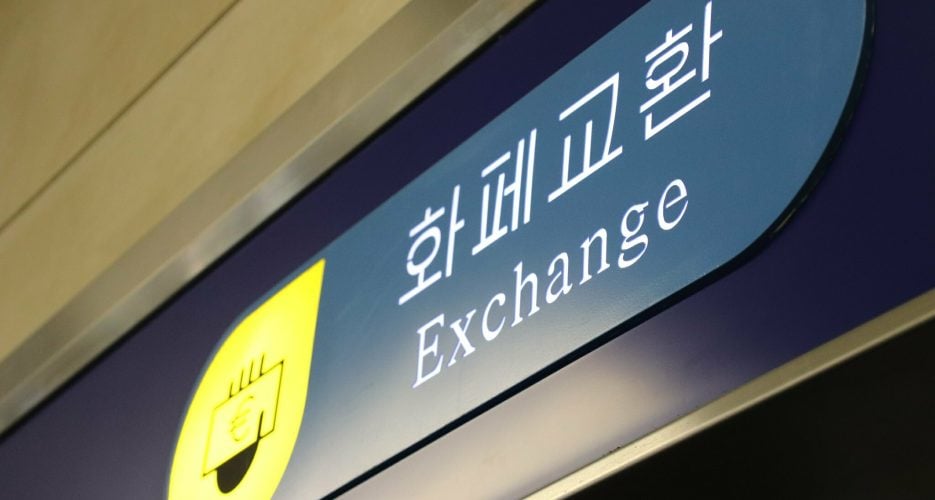The devaluation of the North Korean currency–implemented without prior warning in November, 2009–confirmed something that had been increasingly apparent since 2002: among the most pressing issues facing ordinary North Koreans today is ensuring access to secure stores of value for their assets and one of the most effective means by which to do so, in particular for urban residents, is via the increasingly popular medium of foreign currency.
Foreign currency access is a crucial tool for the North Korean people not only because inflationary pressures are putting the North Korean Won (KPW) under increasing strain, but because the North Korean government has demonstrated a readiness when necessary to take the assets of the majority for the benefit of a minority.
The devaluation of the North Korean currency–implemented without prior warning in November, 2009–confirmed something that had been increasingly apparent since 2002: among the most pressing issues facing ordinary North Koreans today is ensuring access to secure stores of value for their assets and one of the most effective means by which to do so, in particular for urban residents, is via the increasingly popular medium of foreign currency.
Foreign currency access is a crucial tool for the North Korean people not only because inflationary pressures are putting the North Korean Won (KPW) under increasing strain, but because the North Korean government has demonstrated a readiness when necessary to take the assets of the majority for the benefit of a minority.
Become a member for less
than $5.75 per week.
Unlimited access to all of NK News: reporting, investigations, analysis
The NK News Daily Update, an email newsletter to keep you in the loop
Searchable archive of all content, photo galleries, special columns
Contact NK News reporters with tips or requests for reporting
Get unlimited access to all NK News content, including original reporting, investigations, and analyses by our team of DPRK experts.
Subscribe now
All major cards accepted. No commitments – you can cancel any time.












